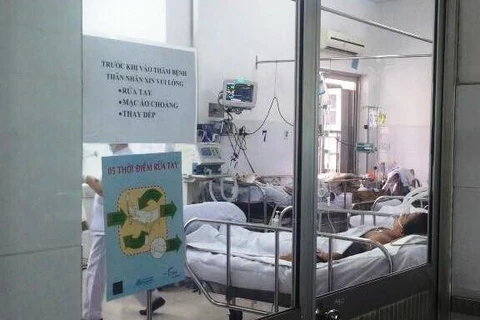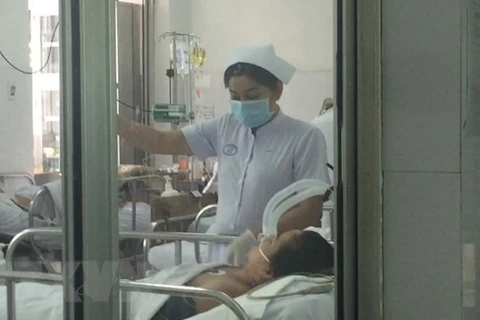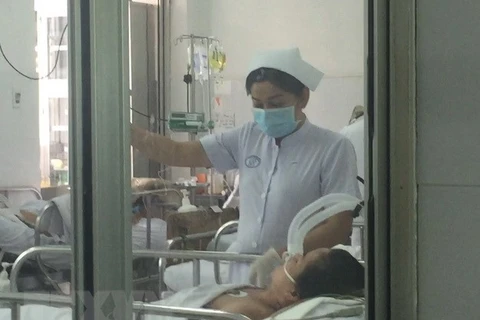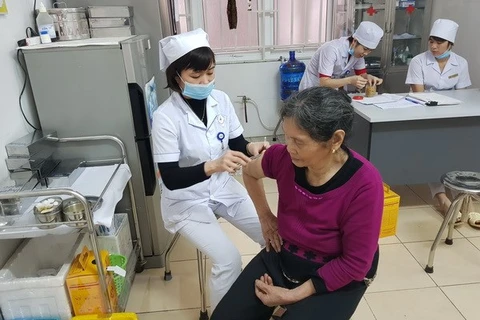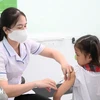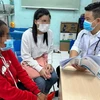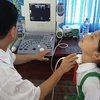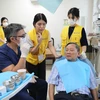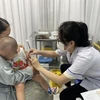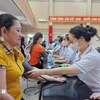Vinh Long (VNA) – The swine flu virus A/H1N1 has left a female dead in the Mekong Delta province of Vinh Long after a male patient died at a medical centre in Tran Van Thoi district of Ca Mau province earlier this month.
Director of Vinh Long General Hospital Van Cong Minh said that a 56-year-old woman, residing in My Loc commune, Tam Binh district, was admitted to the Tam Binh medical centre on July 2 with symptoms of fever, cough, and shortness of breath.
She was then transferred to Vinh Long General Hospital on July 5 and died the same day.
Test results by the Ho Chi Minh City Pasteur Institute showed that she was positive for AH1N1 influenza virus.
The provincial Department of Health has supported Vinh Long General Hospital and Tam Binh medical centre in preventing the disease. Relevant authorities have enhanced communication work to raise public awareness of the influenza, while preparing sufficient facilities and medicine for treatment.
The A/H1N1 virus causes a pernicious respiratory infection. Its symptoms are similar to seasonal flu, that of a fever, cold, cough, and headache. The virus then spreads to the respiratory system, causing other complicated symptoms such as wheezing and phlegm. Vulnerable groups include the elderly, children, pregnant women, diabetics, cancer patients, HIV-positive people, and those with pre-existing respiratory issues.
Therefore, the Ministry of Health has advised the public to upgrade levels of personal hygiene, emphasising the basics of covering their mouths and noses when coughing or sneezing, washing one’s hands with soap, and maintaining clean rooms and frequented spaces.
If members of the public have symptoms such as fever, cold, or cough, they are asked to wear face masks, go to their local health clinics, and avoid using self-prescribed drugs without a doctor’s instructions.
Vietnam has previously experienced an H1N1 pandemic in 2009, with over 9,000 cases of people contracting the disease and nearly twenty deaths within four months, according to the ministry. -VNA
VNA

